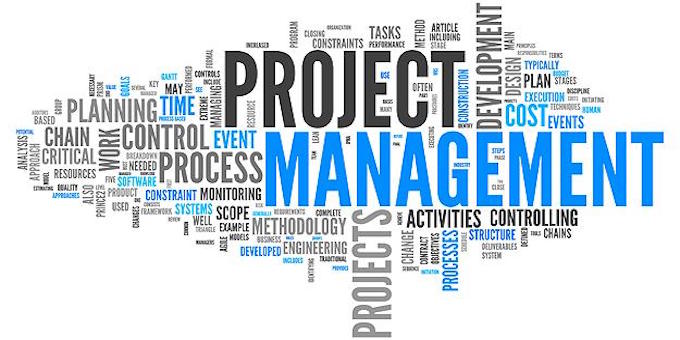For those of you who are new to project management
like myself, you may have asked yourself the question 'what is project management?', and I guess you
have every right to ask. I myself was rather interested to learn about it, and
in this post, I want to shed some light onto my discovery.
First of all, I was rather fortunate to be accepted onto the IT Project Management Masters course at Stockholm University. This was definitely an eye opener for me into the world of project management. In all honesty, before this course I was in my own bubble and if you had asked me anything about project management, you may have seen a quick smile on my face and a prolonged silence. What I have learnt from starting this course, is to appreciate my limit in knowledge and embrace new information.
Now getting back to the topic, I'd
like to introduce you to a valuable guide into the world of project management.
If you're not familiar with the PMBOK Guide put together by PMI (Project
Management Institute), then you're missing out. I would suggest that you start
reading this book by any means possible. I've learnt a lot from this book so
far; no wonder it is considered to be 'the gold standard' for project
management.
In this book I came across
valuable and important definitions of project management terminology as well as
examples of their actual meanings and implementations.
Let' get to the the
real stuff:
To understand what 'project
management' is, you would need to firstly understand what a 'project' is.
Believe it or not, there's actually more than just a project that can be
managed in project management. I discovered that there are also 'programs' and
'portfolios' that come under management. We will maybe introduce those in a
further blog post. However for now, I would like to point you to the definition
of a 'project' from the PMBOK guide itself. If you refer back to page 4 of the
book we learn that;
' a project is a temporary endeavour undertaken to create a unique product, service or result.'
So, what does that mean in layman's terms; it means that a project is some sort of result that an organisation is trying to achieve, which eventually requires someone to manage it. From my further reading, these results can indeed be a product that the organisation want to produce or a service that they're trying to provide or any other result they want to achieve.
In conclusion, now that we know what a 'project' is, the question
is 'what does project management mean'? I will let you try and guess ...
Have you figured it out? I bet you
did!
Yes, It is the management of these
products, services or results/outcomes an organisation is trying to
achieve.
This is a quick and simple
definition, however, I would advise my readers to refer back to the PMBOK
to further their understanding of project management and if you would like to
learn about terminology then refer to the book below (which is a PMI book on project
management lexicon):
Project Management Institute.
2016. The PMI Lexicon of Project Management Terms. Available from
Please feel free to
leave your own learning findings below or any comments you'd like to make.
See you in my next post for another learning discovery.










